Editor’s Note: Naked display of dissent straddles the boundary that separates fear from revolution. For India’s Dalits, this proclamation of dissent has assumed many forms, both passive and combative. It has mutated over the millennia before BR Ambedkar prodded the word Dalit into mainstream consciousness, and transformed anew since then. Some things have not changed — songs remain the sinew of Dalit protest in almost all its configurations. And the lyrics that sew these together continue to serve as a manifesto of resistance. The ten poems in this series, drawn from Tamil, Telugu, Kannada, Bengali, Gujarati, Marathi and curated by Krupa Ge, founding editor of The Madras Mag, represent the prosody of contemporary Dalit literature. They are accompanied by Chennai artist Satwik Gade’s illustrations.
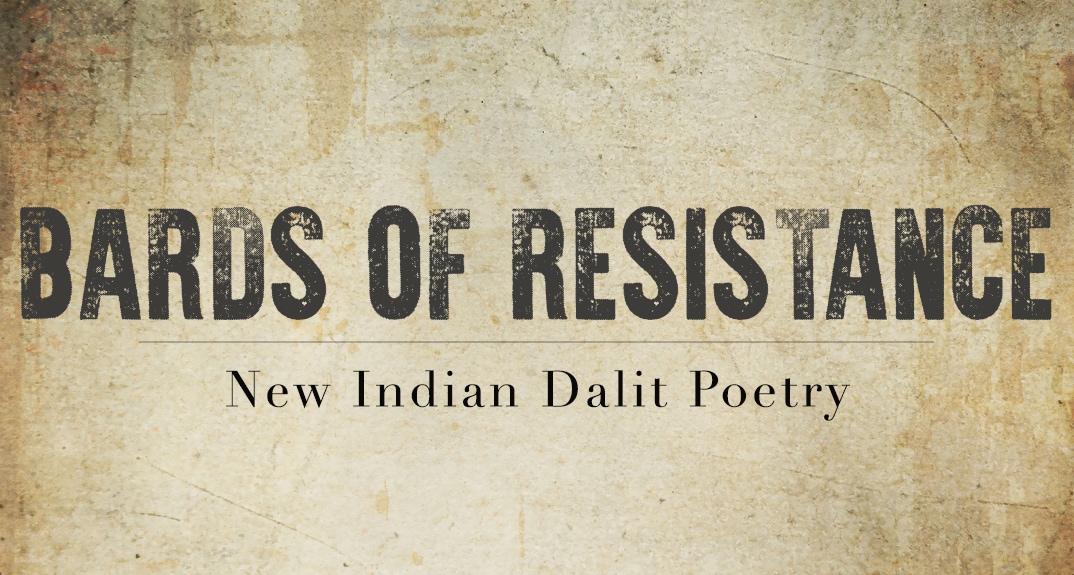
I first heard Tamil poet Ku Uma Devi’s powerful words at an event, ‘Poetry with Prakriti’, organised by The Prakriti Foundation in Chennai back in 2012. And I have kept track of her career, ever since. The doctorate scholar whose PhD was on ‘Moral Philosophy in Ancient Epics and Kundalakesi’, juggles four careers, offering each of them the same amount of commitment. She teaches, writes poetry with Dalit feminism, Buddhism and politics as her areas of focus, travels round the year to rural Tamil Nadu as a part of an NGO talking to young minds, encouraging them to study and not dropout of schools and colleges.
She is also an extremely popular and successful lyrics writer in the Tamil film industry. You may have heard of a little film in which her beautiful songs, Maya Nadhi and Veera Thurandhara, captured the hearts of Tamils last year.
She has also written lyrics for the other successful Pa Ranjith film Madras and has a slew of projects coming up this year including the hit track from the film Magalir Mattum (Women Only) titled Adi Vaadi Thimira. She has written two poetry collections Thisaigalai Parugiyaval (She Who Has Consumed the Directions) and Thaen Inippadu Ellorukkum Theriyadhu (Not Everyone Knows that Honey is Sweet).
“There is this general perception that women are only great at writing poetry about the body. I want to shatter this myth. I want to prove, through my poetry that women, when they write about politics and feminism, are not merely capable of writing powerfully but also effecting societal change,” she says.
தெய்வங்கள்
பற்றி எரிந்த நெருப்பால்
ஒன்றையொன்று தேற்றி
தேருக்குள் அமர்ந்து
ஊர்வலத்திற்குக் காத்திருந்த
தெய்வங்கள் இறங்கித்
தெருவுக்கு வருகின்றன
கண்கள் விரித்து
நாக்குத் துருத்தி நிற்கும்
உக்கிரக் கோலத்தைவிட
வடம்பிடிக்கும் கைகள்
மிகக்கொடியதாய்
திரிக்கப்பட்ட கயிரினும் வலியதாய்
ஜாதியைப் பற்றியிருக்கின்றன
வரம்கேட்கும் தொனிகள் எதுவமில்லாமல்
தெய்வங்களை
ஊர்த்தெருவில் மட்டும்
வலம் வரச்சொல்லும்
கட்டளைகளோடு
பக்தர்களின் முகங்கள்
தெய்வங்களாயினும்
பெண்களாய் இருந்தால்
அடங்கவே சொல்கிறது
ஆண்களின் ஆன்கமீ கம்
மதம்பிடித்து அலைந்து
தீபங்கள் ஏற்றி
தேரினைக் கொளுத்தும்
உங்கள் முன்
பெண் தெய்வங்கள் எல்லாம்
ஒப்புக்குச் சப்பாங்கள்
நாய்கள் குரைக்கயில்
அடங்கிவிடும் வீறுநடைபோல்
அடங்கிவிடுகிறது
எங்கள் ஓய்யாரம்
இறந்து
உப்பி
புழுத்துக் கிடக்கும்
நாய்களைக் கடக்கின்றபோது
பொத்திக்கொள்கின்றோம்
சுவாசத்தை
இரைச்சலிடும் கனத்த
குறைச்சலின்போதும்
இரவில் ஓலமிடும்
உங்கள் அழுகையின்போதும்
காதுகளைப் போத்திக் கொள்கின்றோம்
ஜாதி சங்கிலியால் கட்டப்பட்ட உங்களுக்கு
எல்லைகளைத் தாண்ட முடியாதுதான்
அடங்கி
ஒடுங்கி
பக்குவமாய்ப் பயணிக்கின்றோம்
மணிமேகலையின்
தடம்நாடி
அடக்குகின்ற நீங்கள்
நாய்கள்
அடங்கினாலும்
நாங்கள்
தெய்வங்கள்.
Deities
(Deivangal in Tamil)
With the burning fire
consoling each other,
sitting in the chariot,
waiting for the procession,
the deities, finally, come down
to the roads
Eyes wide open,
tongue unfurled,
ferocious are these deities, but more so are
hands
that clutch the chariot cable,
with a grip deadly and
stronger than a twisted rope
holding on to caste
There isn’t even a whisper of wish-seeking,
devotees wear only commands
for the deities on their faces,
to come around in procession
only on the streets of their quarters
Deities they may be,
but if they are female
Obey, says
male spirituality to them
Wandering in mad religious fervour
you light lamps,
set chariots ablaze;
in your presence
all female deities are
mere placeholders after all
When dogs bark,
brave gaits disappear,
and so disappears,
our haughtiness
When we cross
dead
bloated
maggot-infested
dogs, we stop
breathing
When we hear the loud noises from
the barking
the nightly howls
from your crying,
we shut our ears
bound by the shackles of caste
you do not know to cross boundaries, of course
Submissive
silent
mature, we travel
in search of Manimekalai’s*
path
You who oppress us are
dogs
even though oppressed,
we are
deities.
*Manimekalai is the heroine of the eponymously titled Tamil epic, in which the protagonist discovers Buddhism and becomes an arhant.
In ‘Deities’ — from Devi combines all three of her areas of focus — Dalit feminism, Buddhism and politics. In strong words that capture the stranglehold that caste has, especially on upper caste men, she talks about the politics of temples and deities that have led to much of the violence in Tamil Nadu and elsewhere. Of deities who are ordered to walk the streets of the ‘oortheru’ (town streets) and do not enter the streets where Dalits live. There is a subtle reference to Buddhism (that Dalits embrace, following Ambedkar’s path to leave behind the gory legacy of caste) through the lines about the Tamil epic Manimekalai.
கங்கும் காற்றும்
நீங்கள் நினைப்பதுபோல்
என் மவுனம்
சமாதானத்திற்கானதோ
சம்மதத்திற்கானதோ அல்ல
நீங்கள் நினைப்பதுபோல்
பக்திக்கானதோ
ஏமாற்றத்திக்கிற்கானதோ கூட அல்ல
என் மவுனம்
அமைதிக்கானதுமல்ல
மரணத்திற்கானதும்
அது இயலாமையின் ஆழ்த்துளையுமல்ல
சினந்தெரியும் கங்கு
பற்றிப்படரக் காத்திருக்கும்
பெருங்காற்று
Fire and Air
(Kangum Kaatrum in Tamil)
You may think
my silence
implies compromise or
consent, it doesn’t.
You may think
it is out of devotion
or even disappointment, it isn’t.
My silence
isn’t born of calm,
isn’t of death,
isn’t an abyss of inability.
A fiery spark that knows rage,
Waiting to catch on and spread,
it is
a tempest.
Devi’s ‘Fire and Air’ is personal and like all things personal, in poetry and in life, it is political. It refers to the poet’s silence and which she says is not a result of various things — including consent and inability, but a fiery little spark waiting to turn into a wildfire or a tempest that swells within.
Translated from the original by Krupa Ge.
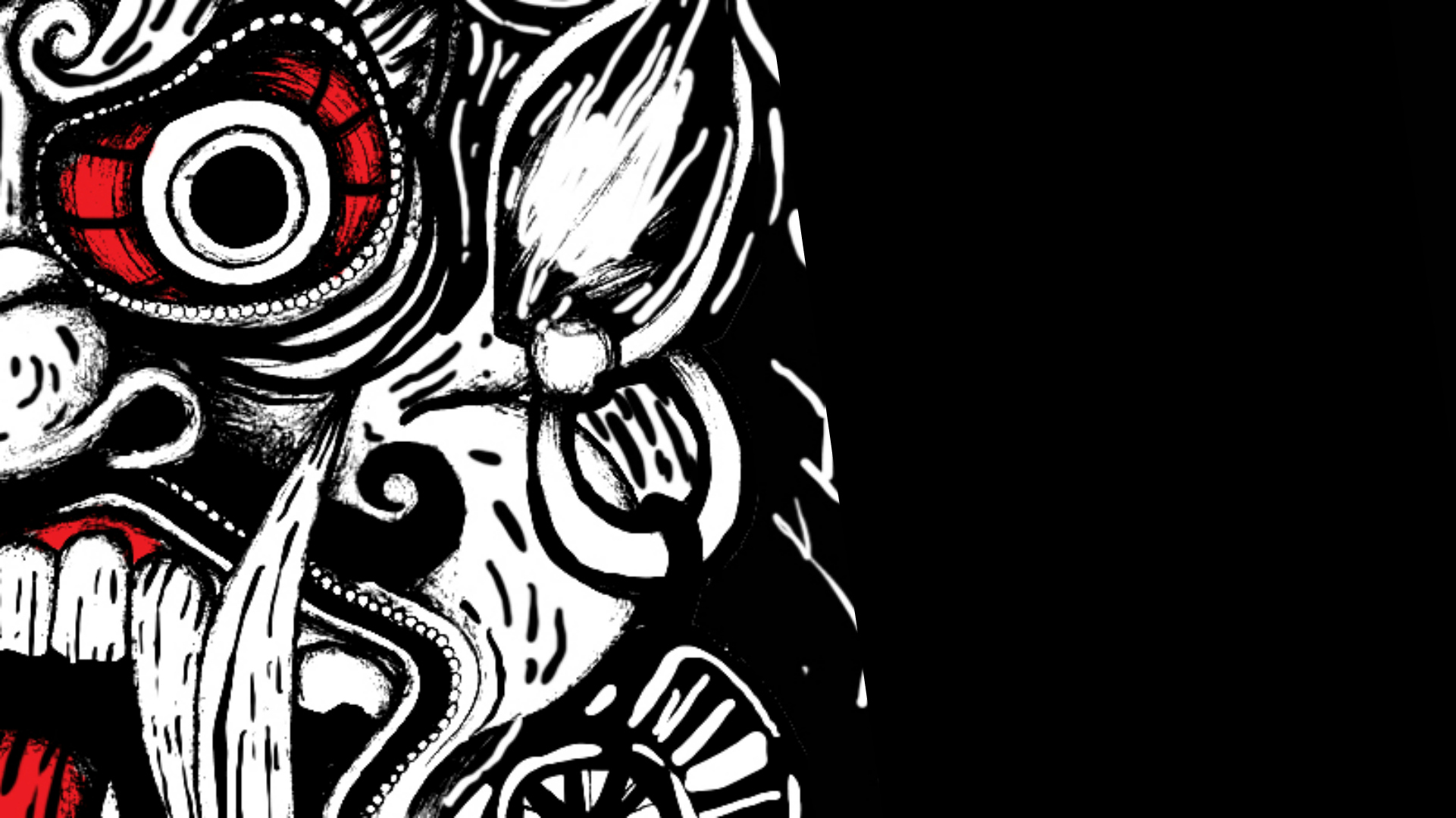)
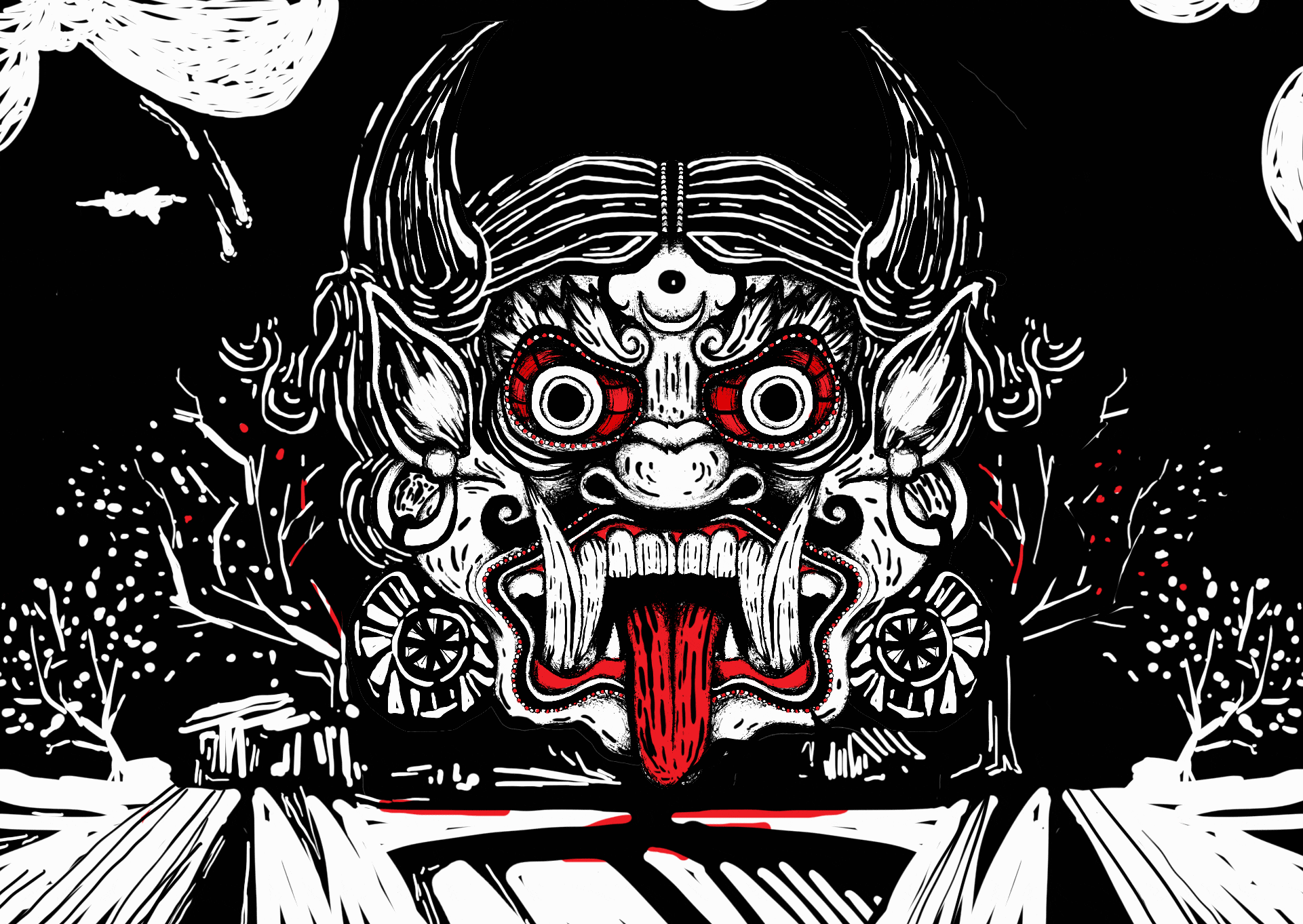
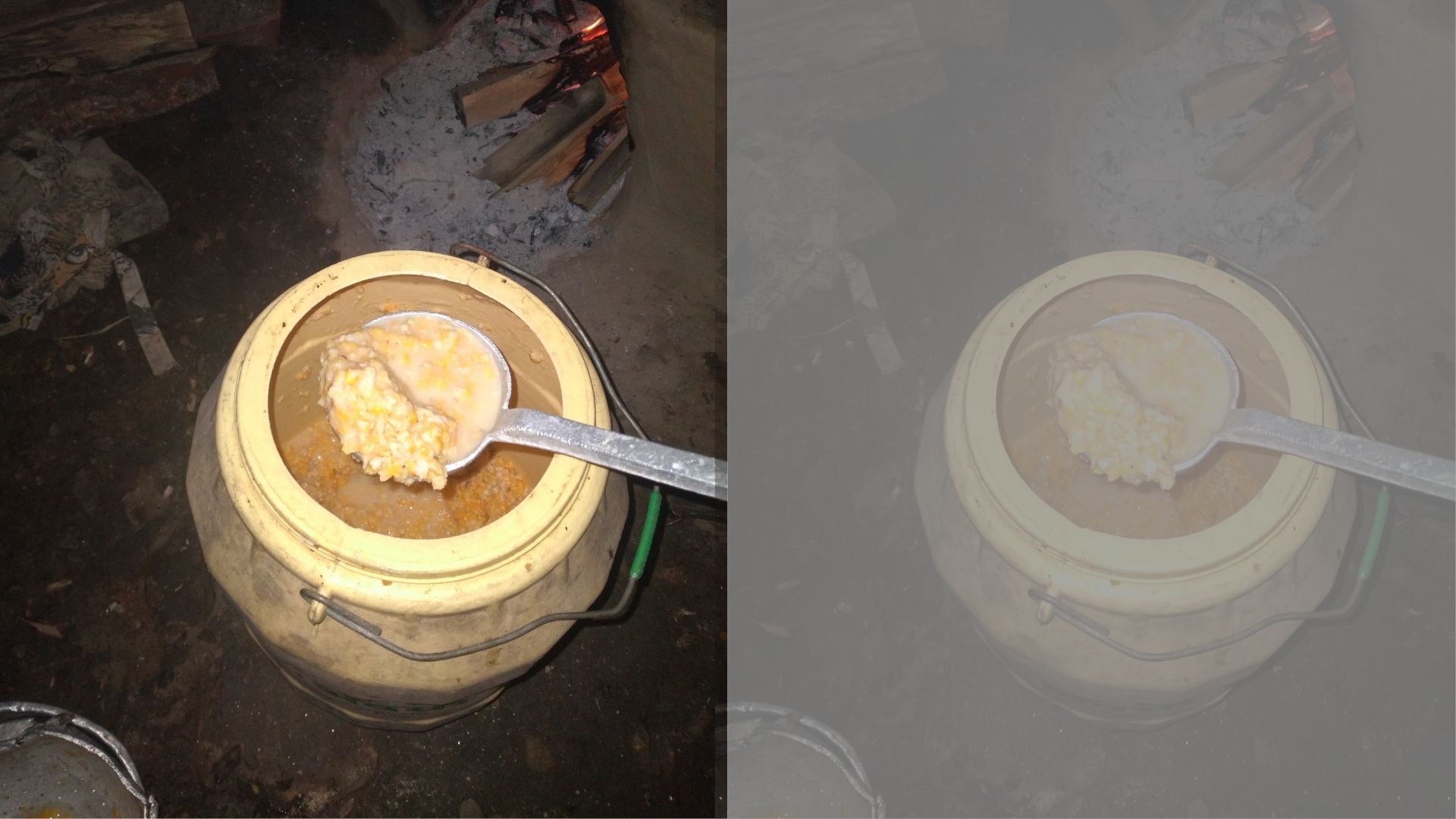)
)
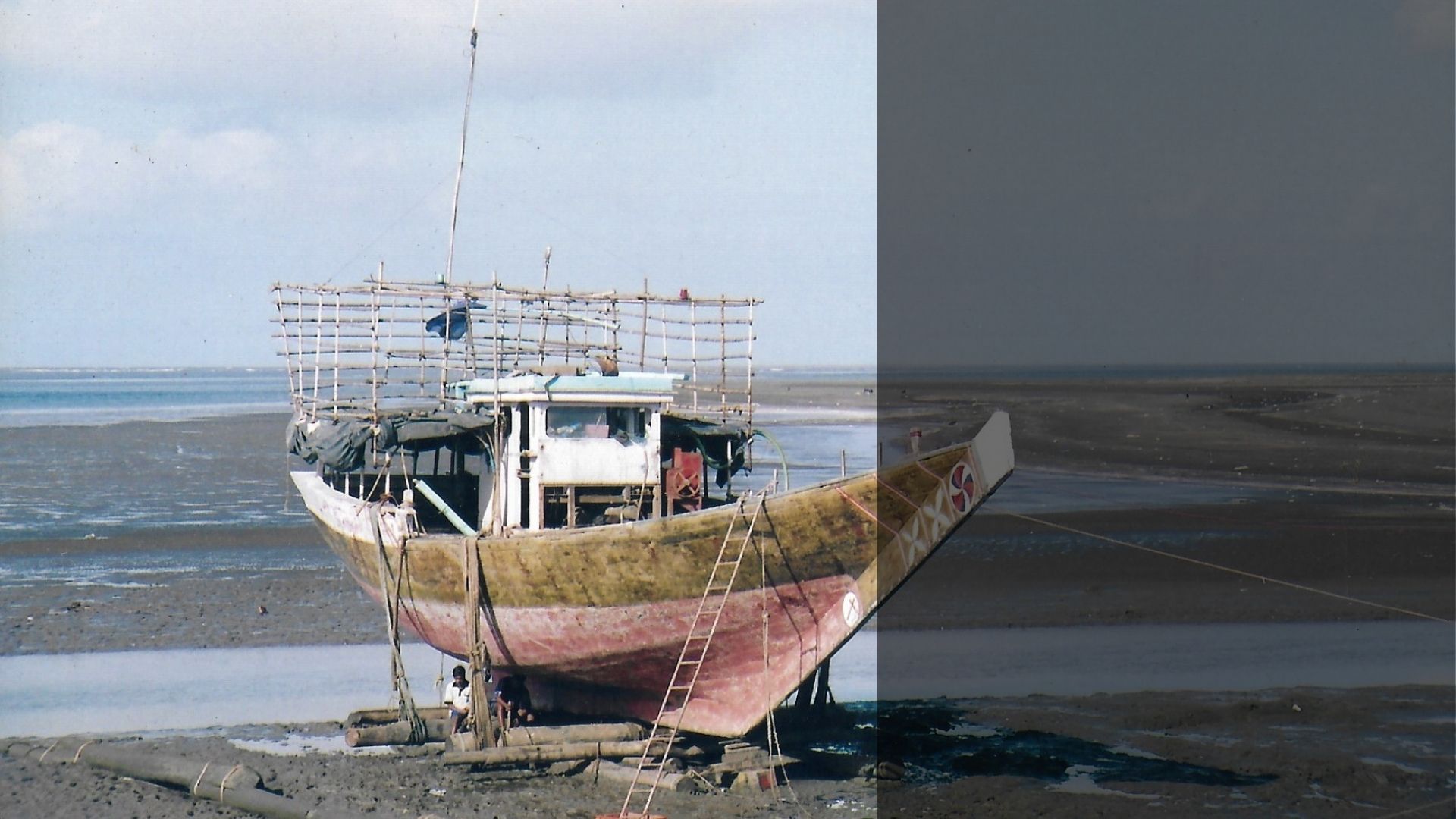)
)